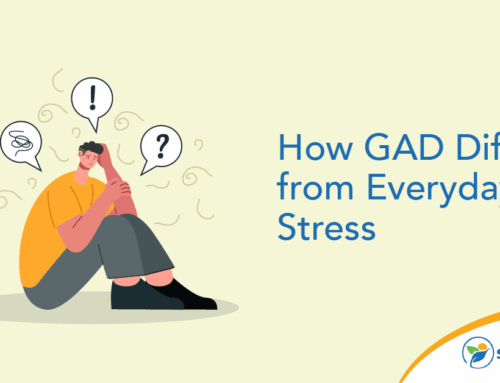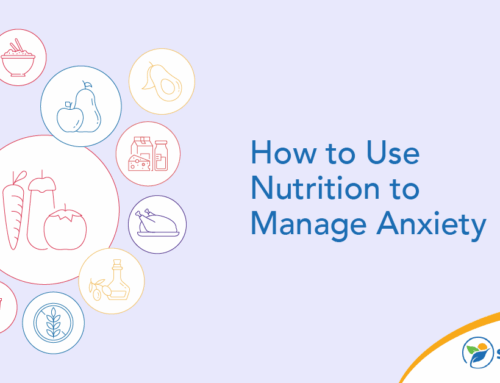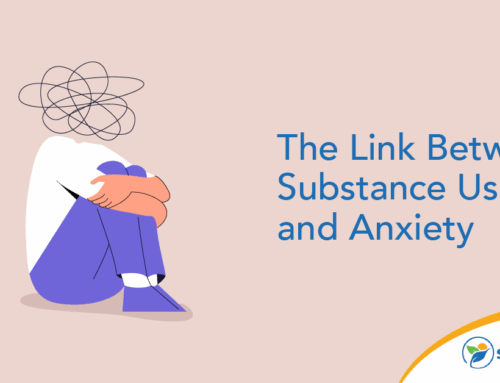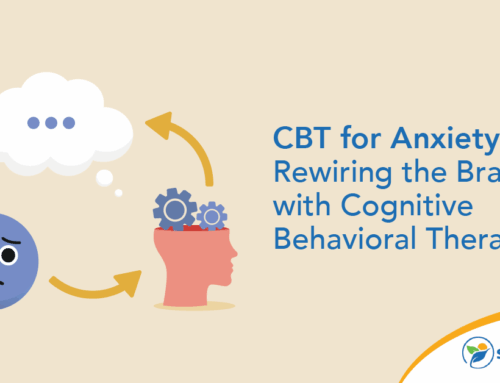The pandemic’s impact on memory loss is one side effect that’s gone overlooked. Here’s how the pandemic might be altering your memory and what to do about it.
From anxiety to loneliness, the side effects of experiencing a pandemic are plentiful. But while many of these elements are easily identified in the aftermath, some are more difficult to spot — including the pandemic’s impact on memory.
Cases of memory loss have spiked among survivors of COVID-19, a phenomenon scientists are still working to unpack. Here’s what we know so far about memory loss and COVID-19, including what you can do to remedy it.
The Pandemic’s Impact on Memory Explained
To understand how the pandemic affects memory, it’s helpful to revisit how memory works in the first place. To make a memory, your brain undergoes three phases: encoding, consolidation and retrieval.
New information you encounter is encoded throughout the day, though only a portion of it is stored during the consolidation phases, which often occurs at night while you sleep. These memories are essentially “replayed” in your mind to make them more permanent and then stored away until you eventually call on them for retrieval.
At first thought, you might assume a pandemic would be easy to remember. But the sustained stress and frantic influx of new information are precisely what make recollection difficult. It’s hard for your brain to encode and process an overload of data, and the result is that you actually end up remembering less than usual.
As those who contracted COVID-19 recovered and moved on, it became clear that these memory lapses were not limited to lockdown. Studies have shown that as much as 11% of COVID-19 patients reported memory issues nearly a year after their recovery. Research like this suggests that the pandemic’s impact on memory is significant, even in mild cases of the disease.
Contributing Factors to Pandemic-Related Memory Issues
The cognitive effects of the pandemic vary from person to person, as do memory-related issues. And while memory loss may be on the rise among COVID-19 survivors overall, not everyone will experience this loss the same way.
There are several factors that can influence pandemic-related memory issues. These can make the difference between mild brain fog and severe memory loss.
Monotony is one contributing factor that can weaken the brain’s ability to encode information. When the days are mostly the same, as they may have been during lockdown, events can be harder to remember. And if this tendency toward a monotonous routine continues post-pandemic, it’s harder to get back into the swing of consolidating new ideas.
Anxiety, depression and other mental illnesses can also affect memory. During the pandemic, some of these illnesses saw a 25% rise in prevalence. Because mental health and memory issues are closely connected, disorders contracted during a pandemic could still be causing memory loss today.
Co-occurring conditions like depression may cause even more damage with age. Some research shows a faster memory decline in elderly patients post-pandemic, especially those already suffering from ailments like dementia.
The Impacts of Stress and Isolation on Cognitive Function
Cognitive function refers to the collective mental processes that involve the accumulation, manipulation and analysis of information. This includes your ability to focus, learn and remember.
For many people, the COVID-19 pandemic was a period characterized by stress and isolation. And while research is ongoing, it’s increasingly thought that these factors have had a significant impact on cognitive function.
Even pre-pandemic stress has been closely linked to poor cognitive performance and quicker cognitive decline. High stress levels are also thought to hinder memory retrieval, making recollection difficult and preventing information from entering long-term memory.
Isolation caused by pandemic lockdowns can cause just as much damage. The effects of extended isolation have grown more relevant in recent years, with social media being thought to exacerbate feelings of loneliness. But during the pandemic, isolation became less an abstract concern and more a serious physical limitation.
Face-to-face interactions with others are an essential part of a healthy lifestyle. Without them, a person is more susceptible to impaired information processing and judgment, as well as a shorter attention span and difficulty focusing,
Consistent loneliness is also thought to result in quicker cognitive decline. One study linked social isolation to a consistent decrease in cognitive function over the course of several years. Research like this suggests the pandemic’s impact on memory could still be ongoing.
Loneliness and stress go hand in hand. Sustained loneliness can result in greater stress, further damaging an already impaired memory.
Coping With Memory Loss
It’s unclear how long the effects of pandemic-related memory loss are expected to last. In the meantime, there are a few coping methods that might ease the strain.
Taking care of yourself is a good place to start. This means getting a full night’s rest, eating nutritious foods and making time to exercise. Activities like reading, doing a puzzle and going for a walk outside can also aid memory recall.
Addressing any co-occurring disorders may double as a memory loss remedy. Seeking treatment for depression, anxiety or substance use disorders can alleviate the strain they place on your memory.
In a largely post-pandemic world, socialization is back on the schedule for most people. Consider scheduling a visit with friends or family to fend off the lingering effects of lockdown isolation.
Seeking Professional Guidance for Memory Loss
If your memory loss concerns persist, it may be best to seek help beyond personal coping methods. Treatment methods such as therapy can be a good way to come to terms with the pandemic’s impact on your memory.
Finding the right partner is essential for success on your journey toward memory recovery. At Sunlight Recovery, our professional therapists are fully trained and knowledgeable in treating psychological stress. Every person is unique, and our team works with you to put together a treatment plan that addresses the whole person, with coping strategies and lifestyle changes to sustain your recovery over time.
If you’re struggling to cope with pandemic-related memory loss, don’t hesitate to reach out for help. The Sunlight Recovery team is available to speak with you 24-7. Contact us today to take the next step.







